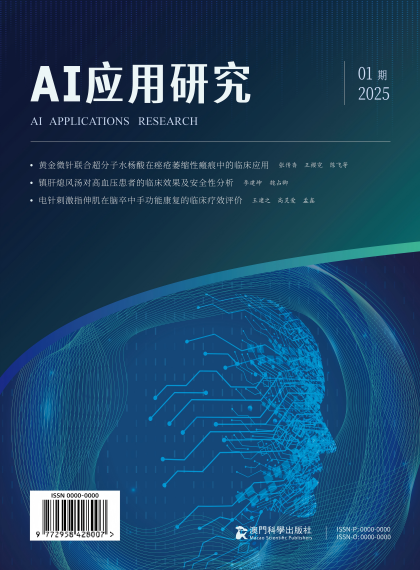摘 要:
在复杂物理环境中实现智能体的高效交互与适应性决策是人工智能领域的重要课题。本文基于具身认知理论,提出了一种新的认知学习框架,旨在解决具身智能体在多维动态场景中的交互决策问题。研究首先分析了具身认知的理论基础及其在复杂物理环境感知与决策中的应用潜力,通过结合深度学习与强化学习技术,构建了一个可复用的框架模型。该模型能够模拟智能体在动态环境中的感知、学习、决策与反馈闭环,利用多主体合作与环境反馈机制提升决策效率。在实验方法方面,设计了一系列复杂物理环境模拟实验来测试智能体的行为表现与适应性能力。结果显示,智能体在该框架下能够显著提高环境感知的精确性,并实现更优的交互决策,表现为任务完成率的提升和错误决策率的显著下降。本文研究为具身智能体系统在动态与高不确定性环境中的应用提供了理论与技术支持,具有广泛的实际意义与潜在价值,可为无人驾驶、机器人交互以及智能助手等领域的技术突破提供参考。
关键词:认知学习框架;交互决策;复杂物理环境;深度强化学习
Abstract:
Achieving efficient interaction and adaptive decision-making for agents in complex physical environments is a crucial topic in the field of artificial intelligence. Based on embodied cognition theory, this paper proposes a novel cognitive learning framework aimed at addressing the interactive decision-making problems of embodied agents in multi-dimensional dynamic scenarios. The study first analyzes the theoretical foundations of embodied cognition and its application potential in perception and decision-making within complex physical environments. By integrating deep learning and reinforcement learning techniques, a reusable framework model is constructed. This model can simulate the perception, learning, decision-making, and feedback loop of agents in dynamic environments, utilizing multi-agent cooperation and environmental feedback mechanisms to enhance decision-making efficiency. In terms of experimental methods, a series of simulated experiments in complex physical environments are designed to test the agents' behavioral performance and adaptive capabilities. The results show that, under this framework, agents can significantly improve the accuracy of environmental perception and achieve better interactive decision-making, as evidenced by an increase in task completion rates and a notable decrease in error decision rates. This research provides theoretical and technical support for the application of embodied agent systems in dynamic and highly uncertain environments, holding broad practical significance and potential value. It can serve as a reference for technological breakthroughs in fields such as autonomous driving, robot interaction, and intelligent assistants.
Keywords: Cognitive learning framework; Interactive decision-making; Complex physical environment; Deep reinforcement learning
--
